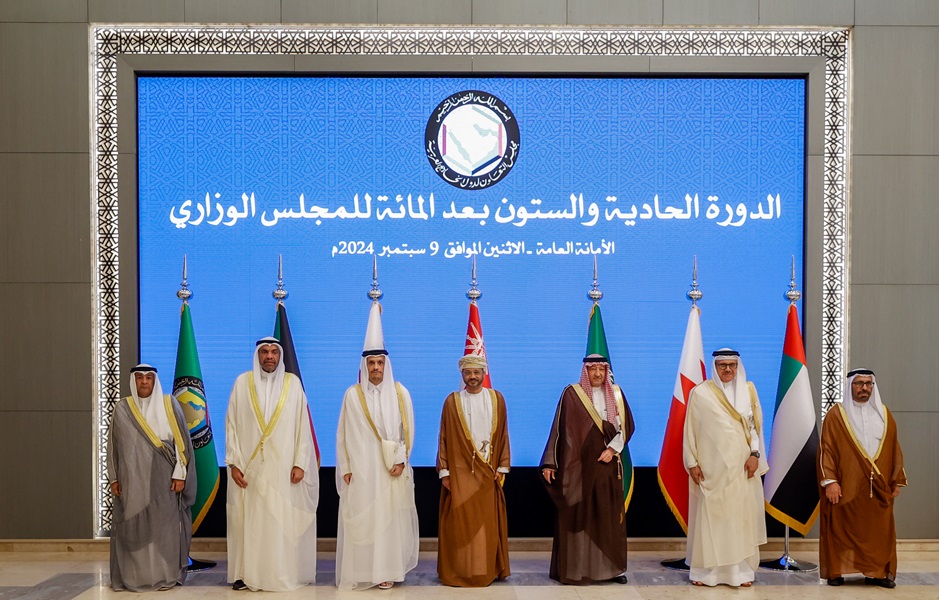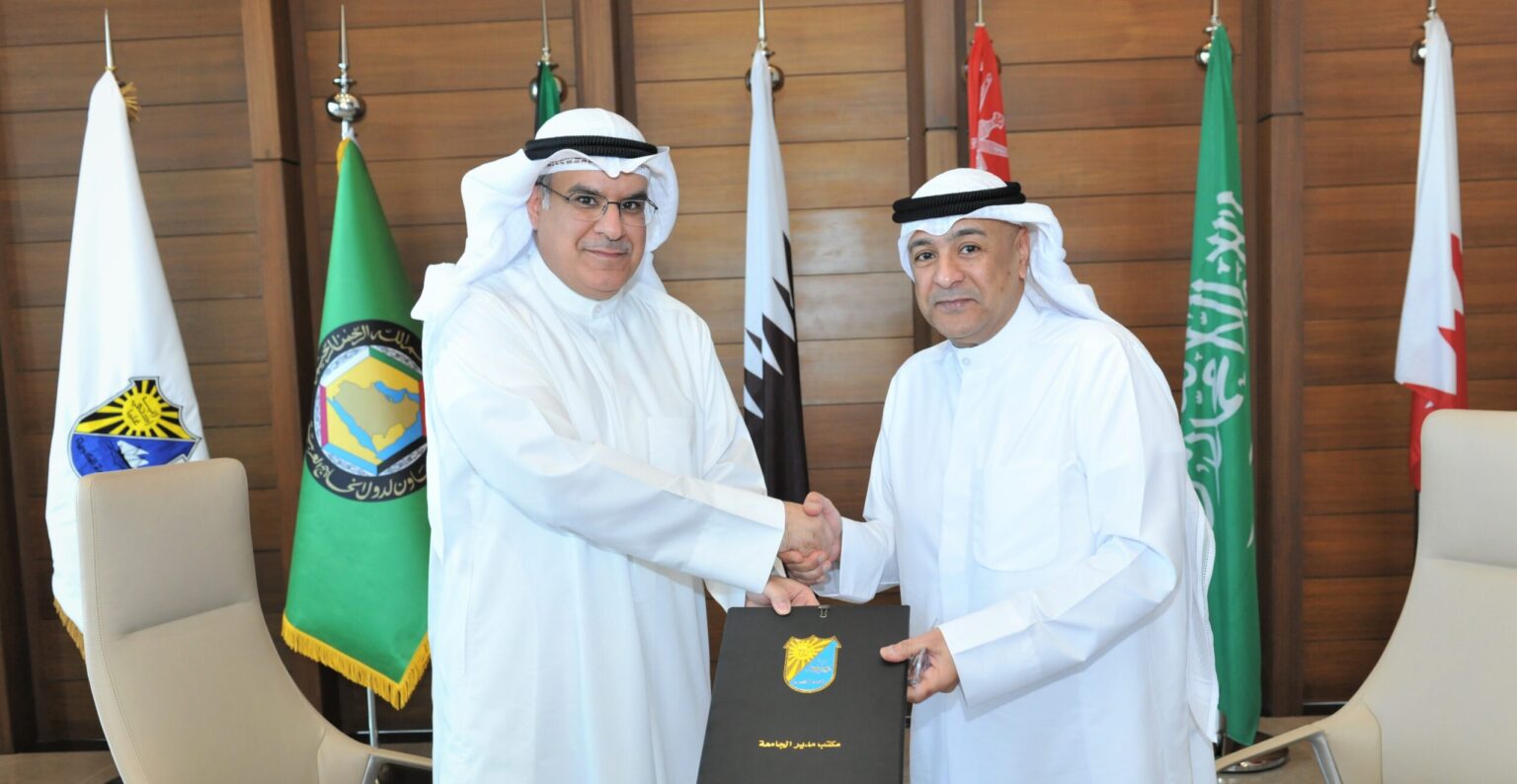In a major step toward regional safety and cooperation, the Gulf Cooperation Council (GCC) has officially launched a Unified Emergency Response Network. This powerful initiative is designed to allow real-time sharing of disaster alerts, emergency information, and critical resources across all six member states: the United Arab Emirates, Saudi Arabia, Kuwait, Bahrain, Oman, and Qatar.
This network marks a turning point for the region. It means that in times of natural disasters, security threats, or public health emergencies, GCC nations can now respond faster and more effectively—together.
What This New System Will Do
The new network aims to connect emergency operation centers across the GCC. Whether it’s a sandstorm sweeping across borders, a flash flood in a shared region, or a major traffic accident affecting travelers from multiple countries, this system makes sure that all six countries are updated in real time.

Key goals of the network include:
- Faster communication between emergency services
- Sharing of real-time alerts and threat data
- Coordinated deployment of resources such as ambulances, rescue teams, or firefighting units
- Better public warning systems across multiple countries
In the past, each country operated its own emergency network. This often led to slower responses, especially when disasters crossed borders. With the new unified system, that gap has been closed.
Why This Is a Big Deal
The GCC region is no stranger to emergencies. From sandstorms to heatwaves, road accidents to rare floods, emergencies can happen without warning. Until now, coordination between countries often relied on slower forms of communication or required diplomatic steps before any joint action was taken.
But this network changes everything.
Now, when one country detects a threat, all other member states will know about it instantly. This gives them more time to prepare, respond, and potentially save lives.
A regional spokesperson described the launch as “a milestone in GCC cooperation.” According to officials, the system was tested successfully earlier this year with simulated emergency scenarios involving multiple countries.
Smart Technology and Strong Coordination
The new emergency response system is powered by advanced technology. It uses artificial intelligence (AI) to analyze disaster data, satellite imagery to track threats, and secure communication channels to keep sensitive information safe.
Each member country has access to a shared platform where emergency data is uploaded and updated in real time. If a serious car accident happens on a highway that runs between two countries, for example, rescue teams from both sides can respond immediately with accurate information.
In addition, local citizens and residents can benefit through synchronized warning systems. Authorities in the GCC are working on mobile apps and SMS alerts that will notify people about incoming threats, no matter where they are in the region.
Real-Life Impact: Saving Time Means Saving Lives

Emergency experts say that every second counts during a disaster. Even a five-minute delay can mean the difference between life and death. With this network, the goal is to reduce response times dramatically.
Let’s say there’s a wildfire in southern Oman that threatens to cross into UAE territory. Before this system, it could take hours to alert UAE agencies. Now, that information will be shared instantly, and firefighting teams can be mobilized on both sides of the border within minutes.
The same goes for major health emergencies. If a contagious disease starts spreading in one part of the region, all member states will be alerted in real time, allowing for faster response and containment.
A Model for Regional Cooperation
Beyond emergencies, this project shows what is possible when countries work together. The GCC is often seen as a region with shared goals and values, and this emergency system is proof of how that unity can bring real-world benefits.
Officials are already discussing the next phase of development. Future plans include:
- Adding drone-based surveillance for hard-to-reach areas
- Using AI to predict and prevent disasters before they happen
- Expanding the system to include training and simulation exercises for first responders across countries
The network could also inspire similar collaborations in other regions around the world. From Southeast Asia to Africa, countries face similar challenges when it comes to cross-border emergencies.
Citizens and Residents Will Also Benefit
It’s not just governments and emergency workers who will gain from the new system. Ordinary people living in the GCC will feel the difference too. Improved warning systems mean you’ll get faster alerts on your phone if there’s a storm coming, or if a major road is blocked due to an accident.
Tourists and travelers will also be safer. Since many visitors travel between GCC countries, having a connected emergency network means that travelers are never out of the loop when it comes to safety updates.
Authorities are also encouraging residents to stay informed and follow official emergency instructions when alerts are issued. With everyone on the same page, the network will be even more effective.
Final Thoughts: A Safer Future for the GCC
The launch of the Unified Emergency Response Network is more than just a technical upgrade—it’s a promise. A promise that the GCC countries are ready to face challenges together, to protect lives, and to act quickly when danger strikes.
In a world where disasters are becoming more unpredictable, this kind of collaboration is not just useful—it’s essential.
As the region continues to grow and modernize, the ability to respond to emergencies quickly and with unity will play a major role in keeping people safe. With this new system, the GCC has taken a bold and smart step forward.
Also read: Sanaiya Industrial Area in Qatar: The Growing Business Hub



